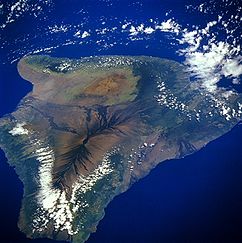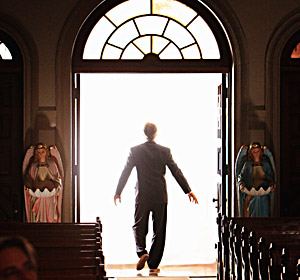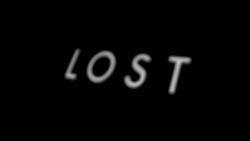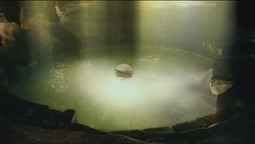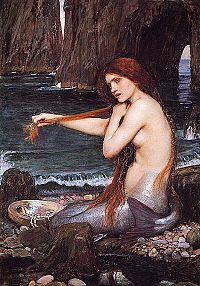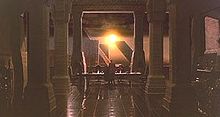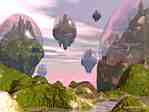Despite the biased nature of this list I tried to primarily include groundbreaking films that changed the industry and had a strong moral or thought provoking point.
15. The Fifth Element, 1997 (PG-13): Space Opera with an actual opera scene in space. The fifth element is love, which shines in the night and pushes back the darkness. Overall, it was a fun look at the future.
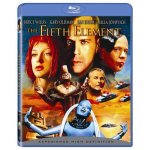
Priest Vito Cornelius: “Because it is evil, absolutely evil.”
President Lindberg: “One more reason to shoot first.”
Priest Vito Cornelius: “Evil begets evil, Mr. President. Shooting will only make it stronger.”
14. Bicentennial Man, 1999 (PG): A fascinating movie that despite some pacing and scripting issues deeply explores what it means to be human and to become human. Also based on an Asimov short story.

Andrew Martin: “In a sense I have. I am growing old, my body is deteriorating, and like all of you, will eventually cease to function. As a robot, I could have lived forever. But I tell you all today, I would rather die a man, than live for all eternity a machine.”
President Marjorie Bota: “Why do you want this?”
Andrew Martin: “To be acknowledged for who and what I am, no more, no less. Not for acclaim, not for approval, but, the simple truth of that recognition. This has been the elemental drive of my existence, and it must be achieved, if I am to live or die with dignity.”
13. The Abyss, 1989 (PG-13): A film with everything. Complex characters, special effects, and exploration of the final frontier: the oceans. At first it seems like it’s a run of the mill action/disaster movie, but it quickly gets much deeper in more ways than one. Lessons learned: nitrogen bubbles in your blood can make you crazy, and deep water oil drilling is dangerous…too late.

Lindsey Brigman: So, raise your hand if you thought that was a Russian water tentacle.
12. Alien, 1979 (R): A true classic of both horror and sci-fi. It explores our deepest fears about the unknown both within (literally) and without. It also contains many classic scenes and characters and in my opinion this movie holds up and is one of the least dated of almost any other movie from this time period. “In space no one can hear you scream.”

Ripley: “Ash, that transmission… Mother’s deciphered part of it. It doesn’t look like an S.O.S.”
Ash: “What is it, then?”
Ripley: “Well, I… it looks like a warning. I’m gonna go out after them.”
Ash: “What’s the point? I mean by the, the time it takes to get there, you’ll… they’ll know if it’s a warning or not, yes?”
11. The Empire Strikes Back, 1980 (PG): Far and above the best of the Star Wars movies. This has it all from romance to lightsaber duals. I still remember the moment where Darth Vader reveals the nature of his relationship to Luke. What sets this movie far and above the rest of the saga is really the depth of the story and the character development that all of the characters go through.

Yoda: “Stopped they must be; on this all depends. Only a fully trained Jedi Knight, with the Force as his ally, will conquer Vader and his Emperor. If you end your training now – if you choose the quick and easy path as Vader did – you will become an agent of evil.”
10. Children of Men, 2006 (R): A more recent movie that explores an apocalyptic future where hope takes the form of a baby, the first baby to be conceived in over 18 years.
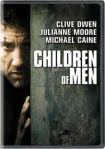
Theodore Faron: “I can’t really remember when I last had any hope, and I certainly can’t remember when anyone else did either. Because really, since women stopped being able to have babies, what’s left to hope for?”
9. Pandorum, 2009 (R): An amazing exploration of the depths of space and the depths of the human soul. It also takes an interesting look at what happens when man plays god.
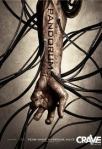
Payton: “I can’t remember any of my life before this flight began.”
8. The Fountain, 2006 (R): Directed by Darren Aronofsky The Fountain explores life, death, and rebirth in three different time periods. Throughout the narrative it jumps from a Spanish conquistador in 1500, to a scientist in 2000, to an astronaut in 2500 all exploring the purpose of life and death. The cinematography is also beautiful and breathtaking along with the story.

Tom Creo: “Death is a disease, it’s like any other. And there’s a cure. A cure – and I will find it.”
7. Akira, 1987 (R): An animated film about a post-apocalyptic Tokyo where the government is developing psychic children to be used as weapons. Some of the children are immensely powerful and quickly escape the bounds of their program wrecking havoc in the city. Akira also largely brought Japanese anime to the US in the ’90s.

Kiyoko: “The future is not a straight line. It is filled with many crossroads. There must be a future that we can choose for ourselves.”
6. Primer, 2004 (PG-13): A scientifically sound and very complex movie that was released in only a few theaters but is definitely one to catch on DVD. It involves two part time inventors who invent a time machine that allows them to travel back in time six hours repeating a part of each day.

Aaron: “You got anything to eat? I haven’t eaten anything since later this afternoon.”
5. Forbidden Planet, 1956: The oldest on my list and a true classic. Based partly on Shakespeare’s The Tempest this groundbreaking film takes place on an alien world with Robby the robot, a human crew in a flying saucer, and a real monster from the Id.

Commander John J. Adams: Alta, about a million years from now the human race will have crawled up to where the Krell stood in their great moment of triumph and tragedy. And your father’s name will shine again like a beacon in the galaxy. It’s true, it will remind us that we are, after all, not God.
4. Gattaca, 1997 (PG-13): A man classified as flawed due to his genetic makeup fights the system and tries to make more of himself than people expect from him. There is no gene for the human spirit.

Vincent: You want to know how I did it? This is how I did it, Anton: I never saved anything for the swim back.
Vincent: For someone who was never meant for this world, I must confess I’m suddenly having a hard time leaving it. Of course, they say every atom in our bodies was once part of a star. Maybe I’m not leaving… maybe I’m going home.
3. Blade Runner, 1982 (R): Deckard, a blade runner, must hunt down 6 violent replicants (androids) in this thought provoking sci-fi thriller loosely based on a Philip K. Dick short story and directed by Ridley Scott. Blade Runner was truly groundbreaking combining cyberpunk with film noir and many other influences. Besides its significance to the genre and to the history of film in general it is also a great movie in its own right exploring artificial life and the nature of what it means to be human.

Deckard: “She doesn’t know.”
Tyrell: “She’s beginning to suspect, I think.”
Deckard: “Suspect? How can it not know what it is?”
2. 2001: A Space Odyssey, 1968 (G): Mankind finds a mysterious, obviously artificial, artifact buried on the moon and, with the intelligent computer HAL, sets off on a quest to find their destiny.

Dave Bowman: “Hello, HAL. Do you read me, HAL?”
HAL: “Affirmative, Dave. I read you.”
Dave Bowman: “Open the pod bay doors, HAL.”
HAL: “I’m sorry, Dave. I’m afraid I can’t do that.”
Dave Bowman: “What’s the problem?”
HAL: “I think you know what the problem is just as well as I do.”
1. The Matrix, 1999 (R): I still remember the shock when I realized what the Matrix truly was. This movie has great action, writing, and special effects and it delves into many deep ideas touching on many aspects of our lives. In many ways the essential question of the matrix is the question that we must answer every day: Do we take the blue pill and stay in a false world, or do we take the red pill and see just how deep the rabbit hole goes?

Morpheus: “The Matrix is everywhere. It is all around us. Even now, in this very room. You can see it when you look out your window or when you turn on your television. You can feel it when you go to work… when you go to church… when you pay your taxes. It is the world that has been pulled over your eyes to blind you from the truth.”
Neo:”What truth?”
Morpheus: “That you are a slave, Neo. Like everyone else you were born into bondage. Into a prison that you cannot taste or see or touch. A prison for your mind.”
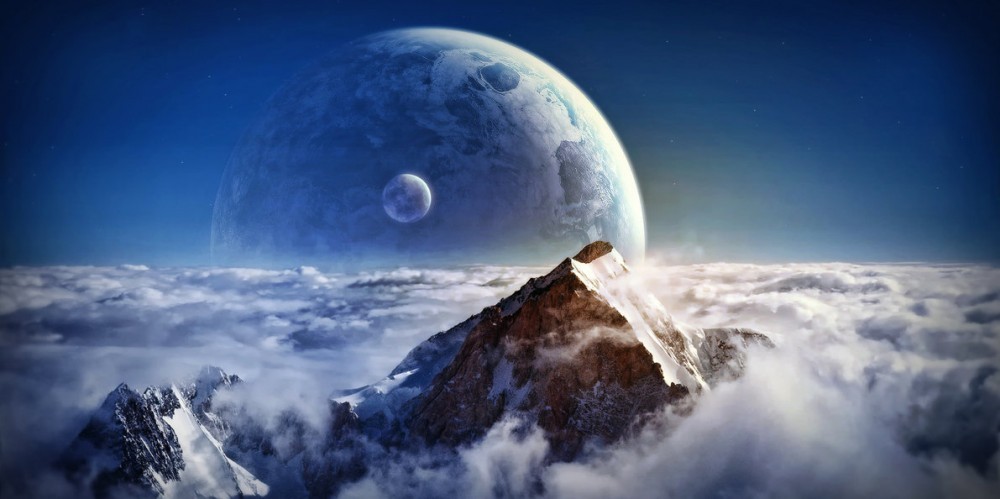



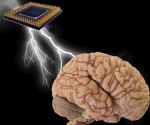

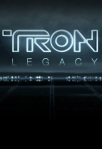

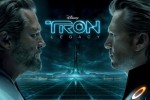
























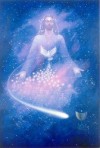





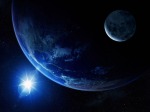




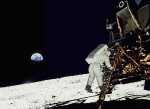

 To highlight technology in science fiction and science fact I will be authoring a series of posts on the development of technology throughout history, into the present day, and into the foreseeable and perhaps not so foreseeable future.
To highlight technology in science fiction and science fact I will be authoring a series of posts on the development of technology throughout history, into the present day, and into the foreseeable and perhaps not so foreseeable future.

